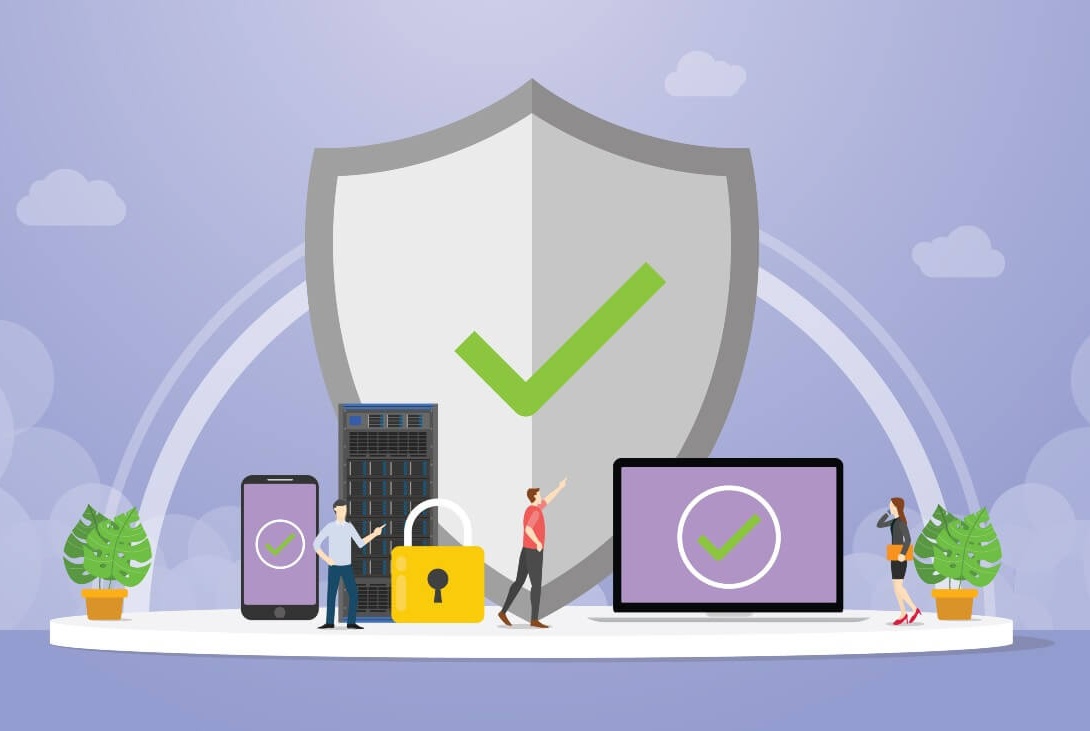Cyber security during a global pandemic
John Roman, U-Multirank
Oct 20, 2020 14:42(CET)

With digital learning and working from home being the new norm during this global pandemic, you might have concerns regarding your online security. COVID-19 has forced universities around the globe to shift to online learning, since its global spread and students are more than ever reliant on online learning tools. To help web users in the EU, the European Cybersecurity Month (ECSM) has launched its newest annual theme: #ThinkB4UClick. The tools and information provided here are free for all, regardless of your location.
What is ECSM?
The European Cybersecurity Month (ECSM) is the EU’s annual campaign dedicated to promoting cyber security among citizens and organisations, and to providing up-to-date online security information through awareness raising and sharing of good practices. Each year, for the entire month of October, hundreds of activities take place across Europe, including conferences, workshops, trainings, webinars, presentations and more, to promote digital security and cyber hygiene.
What is cyber security?
Cyber security is the practice of defending computers, servers, mobile devices, electronic systems, networks, and data from malicious attacks. (Note: cyber security, cybersecurity and cyber-security are all the same.)
‘Think Before U Click’ #ThinkB4UClick
‘Think Before U Click’ is the official motto of ECSM 2020. This October, the programme focuses on two themes to help people identify and be prepared for cyber threats. The first theme, ‘Digital Skills’, provides participants with information on e-privacy matters such as personal data protection, cyber bullying and cyber stalking. The second theme, ‘Cyber Scams’, shares insights into current and potential cyber threats such as phishing, business email compromise and online shopping fraud.
The EU Agency for Cybersecurity and its partners will be publishing reports, organising events and activities such as trainings, strategy summits, presentations and more.

To support web users in protecting themselves from cyber-attacks, the European Union Agency for Cybersecurity has shared information on how to recognise and deal with various cyber-attacks (e.g. phishing). Phishing – a common practice by cyber-criminals – target victims with emails that appear to be from a legitimate company asking for sensitive information. Phishing attacks are an increased problem during the COVID-19 pandemic and therefore a major focus of cybersercurity during this time. Information on the following points can be found here:
- how scammers operate
- how to recognise phishing
- 10 steps on how to protect yourself against phishing attacks
- What to do if you’ve become a victim of phishing
- As well as how to take action when phishing happens
Digital footprint
Students and all web users alike should also be conscious of their digital footprint. Your digital footprint can also make you more susceptible to cyber-attacks, especially during a global pandemic.
What is a digital footprint?
Your digital footprint is a trace of all your online activities, posts and communications. E.g. websites you use/ visit, social media posts, photos, messages, comments below a video or news, etc.
Your digital footprint is tracked by advertisers, your employer, as well as any e-commerce sites you’ve used.
Make sure to think about your digital footprint and what is out there. You can search yourself to see your digital imprint and make changes to your online behaviour if you want to be more secure about what information is out there and accessible for all to see.
Where can I find more information on cyber security?
For more information on cyber security during a global pandemic, visit: https://cybersecuritymonth.eu/.
If you’re interested in cyber security, or systematic methodical processes – like algorithms in order to help with the access to information, as well as its acquisition, representation, processing, storage, protection and communication thereof, then visit our Study Computer Science page for more information.




